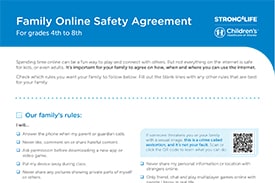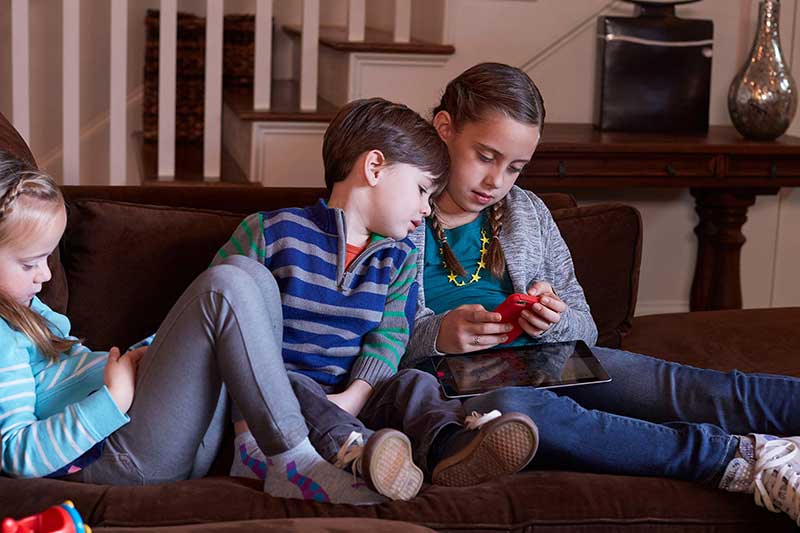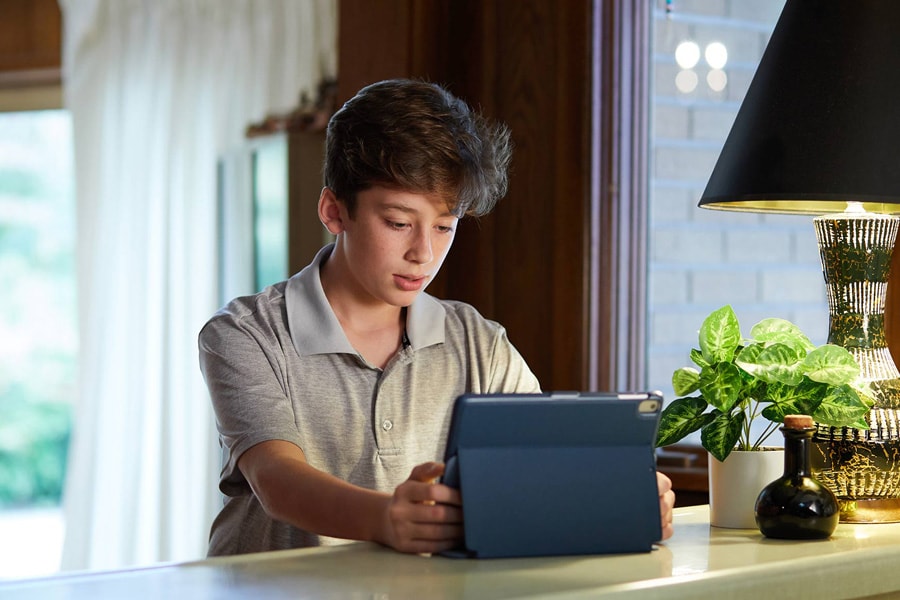Unplugged Parenting
Does your job follow you home on your phone? Do you sometimes feel guilty for looking at a screen more than at your child? You’re not alone. “Parents have this device in their hand that keeps them connected to work 24/7, to the news 24/7,” says licensed therapist Kathleen Hill. “Parents used to be able to just come home from work and shut it off.”
But even though demands on our attention have changed, kids’ needs haven’t. Starting as infants, children bond with their parents by looking at their faces. Researchers at Boston Medical Center observed parents and kids eating out; when parents were distracted by their phones, kids acted out more often and parents responded more harshly. According to Children’s Healthcare of Atlanta’s own research, many Atlanta middle schoolers don’t talk to their parents about their problems because they feel their parents aren’t listening.
Even in a technology-driven world, you can still spend quality time with your child. Just keep these tips in mind.
In this article:
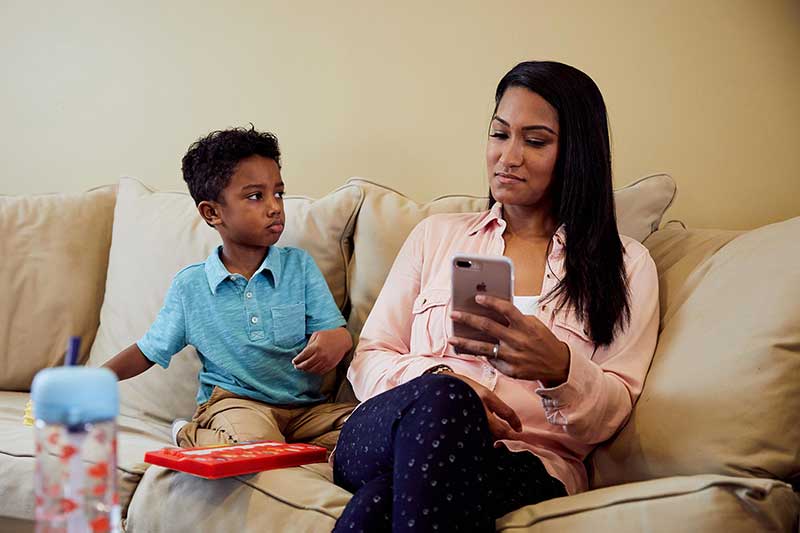
Notice your own screen-time habits
Says Hill, “We have to be very intentional about not only putting our phones down but shutting our brains off from work and all the other things that are going on in the world.” That’s easier said than done, of course, but the key word is “intentional.” If you decide to put your phone down, watch yourself physically put it down. If you get stuck answering work emails during family time (it happens), acknowledge it and try to do a better job tomorrow. Just being aware of how your attention shifts is a great first step to being more present.
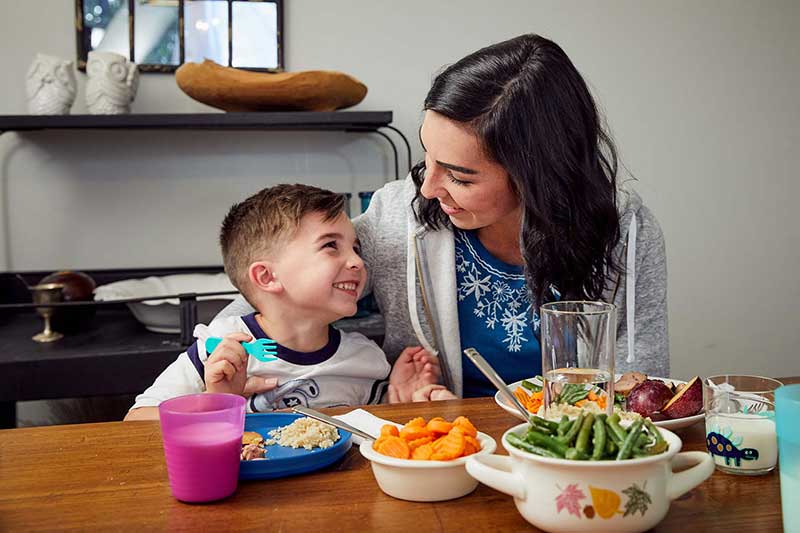
Set a routine for quality time
Even if it’s only 5 to 10 minutes a day, pick a time or place that’s all about your child—screen-free mealtime, bath time, a trip to the park where you put your phone away and play. Show you’re paying attention by repeating what your child says or sharing what you see them do. Make eye contact (unless you’re driving, of course).
“I think quality time gets pushed off because people feel like it has to be this big event,” says Jody Baumstein, a licensed therapist with Children’s Healthcare of Atlanta Strong4Life. She notes that even car rides can be a bonding routine: “Use the time to connect with your child about how they are feeling, and let them guide the conversation by giving them space to talk about whatever they want.”

Embrace your inner child
Numerous studies have shown that playtime (i.e., non-structured time when there are no expectations, only fun) boosts a child’s brain in all the best ways. Adults also benefit from getting in on the action. After being plugged into a screen all day, you might find the simple activities of play—such as throwing a ball with your child—all the more stress-relieving and enjoyable.
When spending quality time with your child, let them lead the activity or conversation—letting them ask a million questions during story time, for example. This helps grow their imagination and independence, with the added bonus that you’ll get to know your child’s interests and personality on a deeper level.
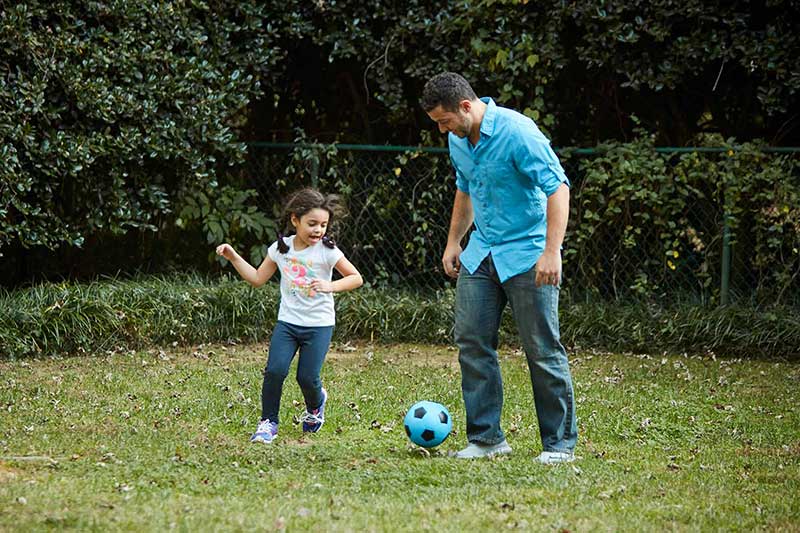
Build resilience through distraction-free parenting
Kids today face stress from school, social media and scary world news, but many lack basic resilience—the ability to handle life’s ups and downs. Making eye contact and being present in everyday moments shows your child that you will be there for them when life gets hard. By spending quality time together, you get to know how your child's mind works and can guide them to healthy coping skills, such as writing in a journal or going for a run. By playing with your child and letting them take the lead, you are instilling independence and confidence that will last a lifetime.
